Politics and Government: Communism
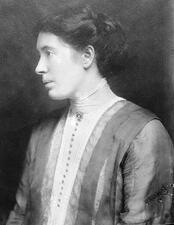
Rose Pastor Stokes
Manya Gordon Strunsky
Manya Gordon Strunsky was a socialist activist and a respected writer on political and social issues. Strunsky was also instrumental in bringing Jewish immigrants from czarist Russia to America and helping them to become settled.
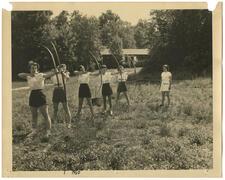
Summer Camping in the United States
The Jewish summer camp movement shaped ethnic-American identity and Jewish childhood throughout the twentieth and into the twenty-first century. A means to fight anti-Semitism by showcasing patriotism and developing the camper’s physical fitness, it was also a safe space to explore, question and craft religious traditions and rituals, novel ideas about girlhood, and the possibilities of womanhood.
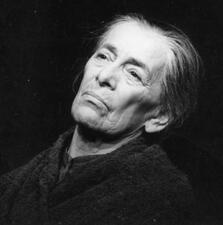
Helene Weigel as “Mother” in Bertolt Brecht's play The Mother. September 30, 1967.
Helene Weigel
Helene Weigel was an actress and director known for her maternal roles in Bertolt Brecht’s plays and her incredible kindness and generosity. Weigel married Brecht in 1922 and they fled Germany during the war, returning to East Germany after the war. Weigel was known for her strength, energy, diplomacy, and good humor as she managed an acting career and dealt with many challenges in her lifetime.
Rosi Wolfstein-Fröhlich
Rosi Wolfstein’s life constituted a battle against war, racism, and social injustice. She worked with other socialist political figures such as Rosa Luxemburg, helped found the Independent Social Democratic Party, and was a representative for the German Communist Party. Despite having to flee to the United Stattes during World War II, Wolfstein returned to Germany and remained active in party and workplace politics until her death.
Rose Wortis
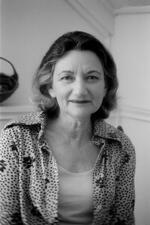
Helen Yglesias
At the age of 54, Helen Yglesias dedicated herself to becoming a writer. Her works focus on the lives and concerns of Jewish women in New York. Her most notable books include Sweetsir and The Girls.
Yudica
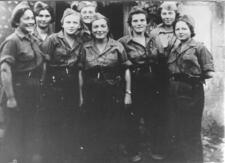
Yugoslavia
The Jewish community of Yugoslavia was small, vibrant, and diverse, with waves of immigrants arriving from the 16th through the 19th centuries. Like many Jewish communities in Europe, the Yugoslav community was decimated by the Nazis, and only a few Jews remain in Yugoslavia today.


